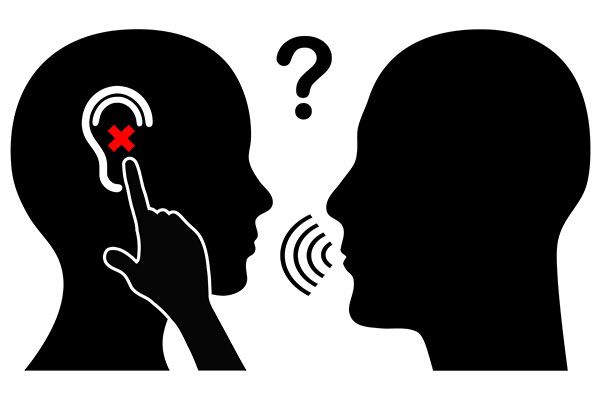

Paula Tallal testifies to Congress on the Auditory Processing aspects of Dyslexia (2015)ĭr. The Auditory Processing Kit is a tool to support learners by building skills in listening comprehension, auditory processing needs, and much more. Children diagnosed with autism spectrum disorder (ASD) often have difficulty organizing and interpreting information from their senses. It is the only program scientifically designed and proven to correct the underlying processing glitch in the APD brain.ĭr. Sensory processing is the ability to organize sensations from the environment for purposeful use. Over time, the program gradually shortens speech sounds until the APD brain can perceive and process sounds at a normal rate of speed. Phonemic awareness is the ability to parse a word into sounds, like knowing that the word catch has 3 sounds, /k/, /æ/, and /ch/, even though it has 5 letters. Tallal developed Fast ForWord, a program that synthesizes speech sounds, elongating sounds so they can be registered by the APD brain. It is not effective to give them spoken instructions because they require lots of repetition and redirection. They cannot accurately repeat auditory information. When they do respond, the response may be inappropriate or may clearly indicate that they did not comprehend the information heard. The result is a person who appears to have a long delay between what they hear and their response to it. The normal rate of speech is too fast for the APD brain to perceive and process all of the information heard. APD Auditory Processing Disorder is one of those. One problem occurs when a person hears speech sounds but does not perceive the meaning of the sounds. In children with SPD, the brain has trouble processing sensory information like sounds, light and touch. The following lifestyle changes can make a difference for children and adults with APD. Since auditory processing difficulties vary based on surroundings and development, its therapies vary by setting and age as well. While processing disorders are often controversial as stand-alone diagnoses, the symptoms that children experience are REAL. Auditory processing disorder is a neurological problem that cannot be treated by medication. Paula Tallal, a cognitive neuroscientist, discovered that the APD brain requires 2 to 5 times longer to register a speech sound. Processing auditory information is a critical component of social communication, and people with autism spectrum disorders typically have problems processing this information. Processing disorders, such as: auditory processing, visual processing, and sensory processing disorders, are conditions in which the brain has difficulty receiving and responding to information that comes through the senses.

While at Rutger's University in 1988, Dr.

Auditory Processing Disorder (APD) is also called Central Auditory Processing Disorder (CAPD), and Specific Learning Disability / Disorder with impairment in listening.


 0 kommentar(er)
0 kommentar(er)
